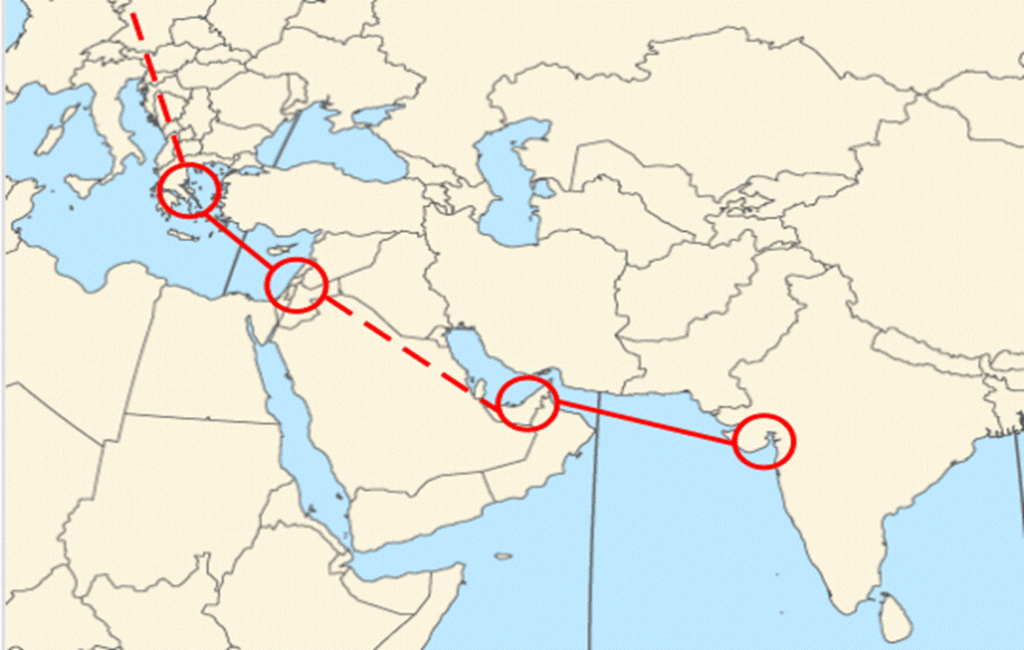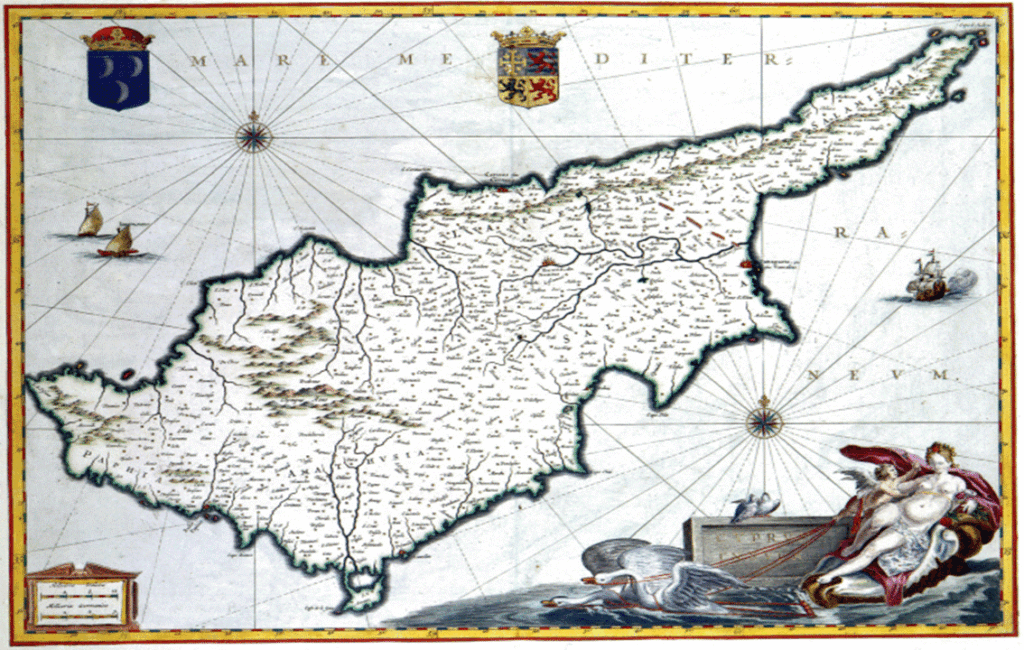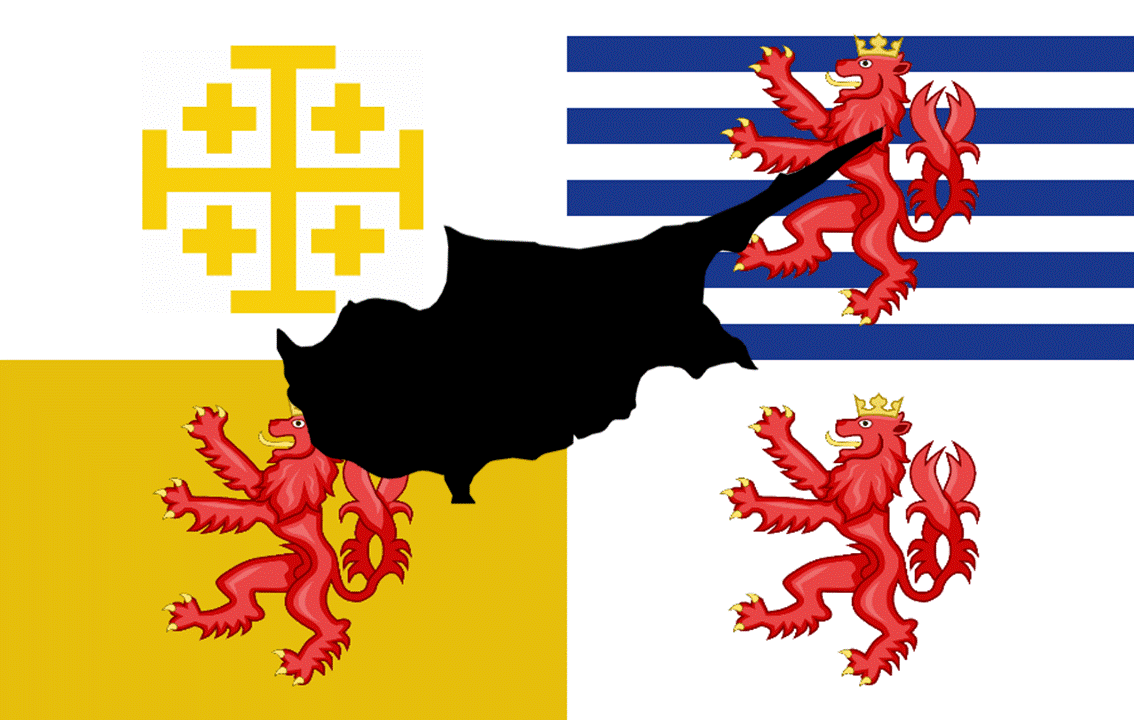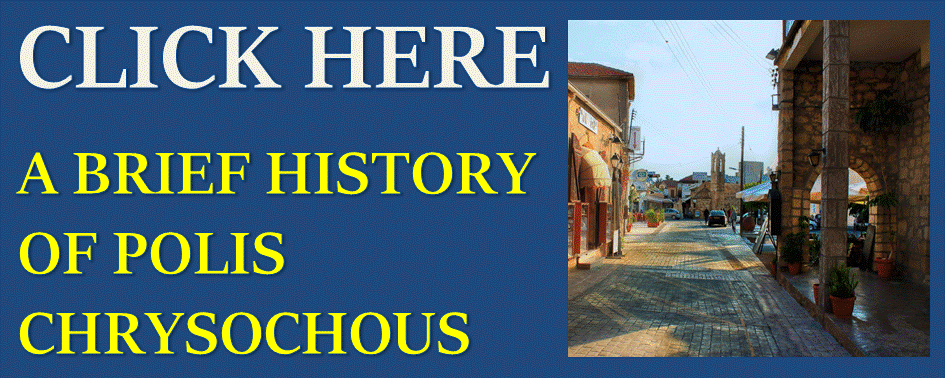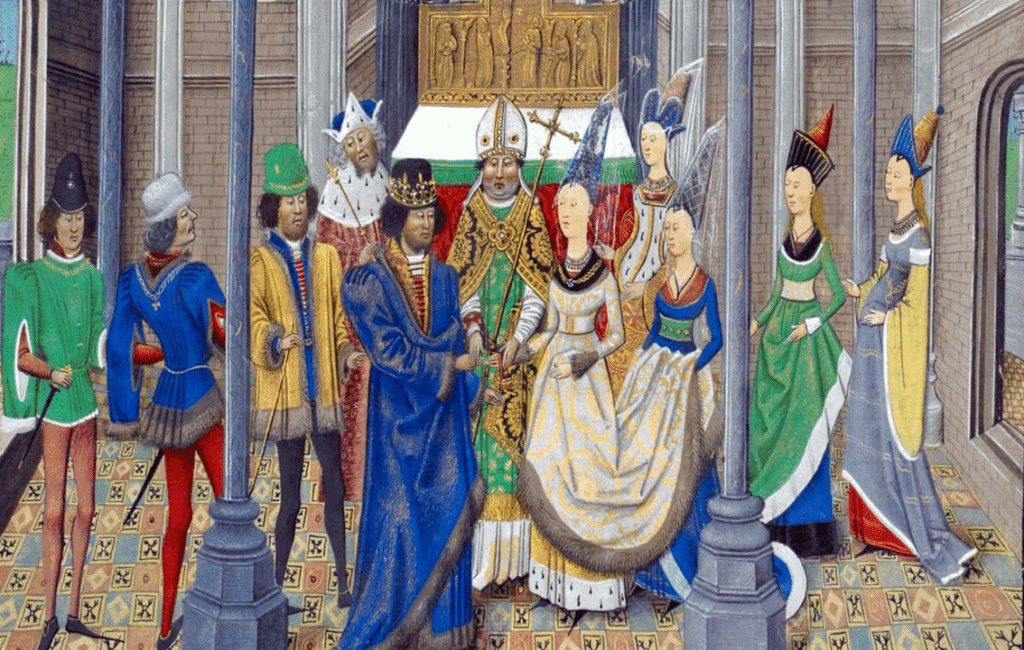
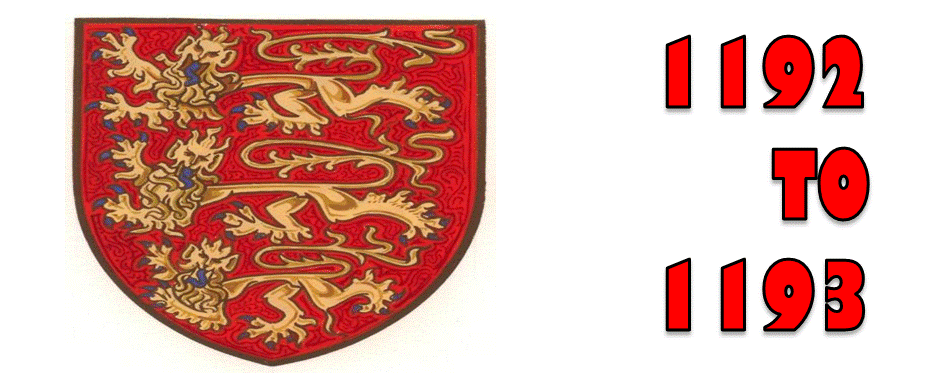
A COMPREHENSIVE HISTORICAL OVERVIEW
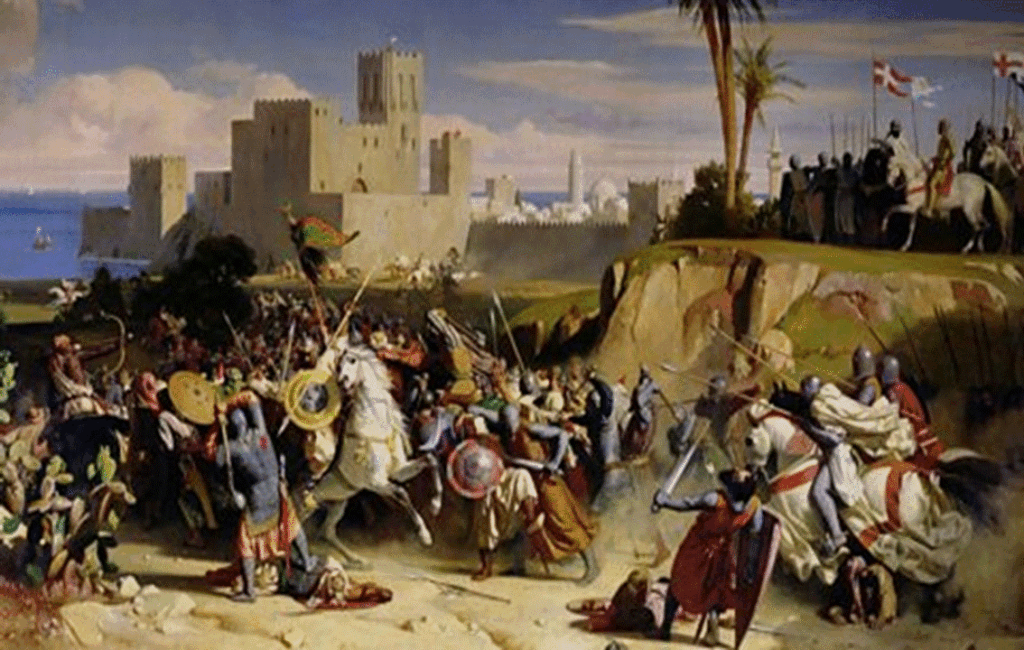
THE ENDING OF AN ERA OF BYZANTINE RULE
The Byzantine rule of Cyprus came to an abrupt and brutal end when Richard I of England, also known as RICHARD THE LIONHEART, landed in Cyprus in 1191. Although his subsequent invasion of the island proved beneficial, this brief and brutal episode in the island’s history has raised several questions regarding the motives behind the Anglo-Norman conquest. Many have suggested that this Crusader campaign was a strategic conquest of necessity by a competent military leader. Others, however, have recorded it as an accident of circumstance, as it did not really fit into Crusader rhetoric. One thing, however, that most agree on is that the Anglo-Norman conquest of Cyprus dramatically changed the island thereafter.
THE THIRD CRUSADE
The primary goal of the THIRD CRUSADE was to restore Christendom’s foothold in the holy lands of the East. The THIRD CRUSADE would see King Richard of England, seen as one of the most formidable military leaders of his time, join forces with King Philip II of France and Emperor Frederick I Barbarossa of the Holy Roman Empire. All three set off for the east and were to meet in the holy lands, but King Richard had to take a detour after a storm forced his contingent to take refuge in Cyprus. This directly led to the conquest of the island. This had a significant implication for the island, and it is still not entirely known whether this conquest was an act of opportunism or a sound strategic move.
ISAAC KOMNENOS
Cyprus in 1191 was under the tyrannical rule of ISAAC KOMNENOS. This self-imposed ruler had seized power amid political instability, following the decline of Byzantine authority across the island. His rule was at times tyrannical and often brutal, so it came as no surprise when he did not take kindly to the arrival of the Anglo-Normans on his island. The Crusaders sought refuge in Cyprus after a storm forced some of their fleet towards the coast of Limassol. Komnenos, instead of providing refuge, ordered his forces to plunder treasure from wrecked Crusader ships. He also took several prisoners, and the ship carrying the future Queen of England, Berengaria of Navarre, was effectively blockaded in the port of Limassol.
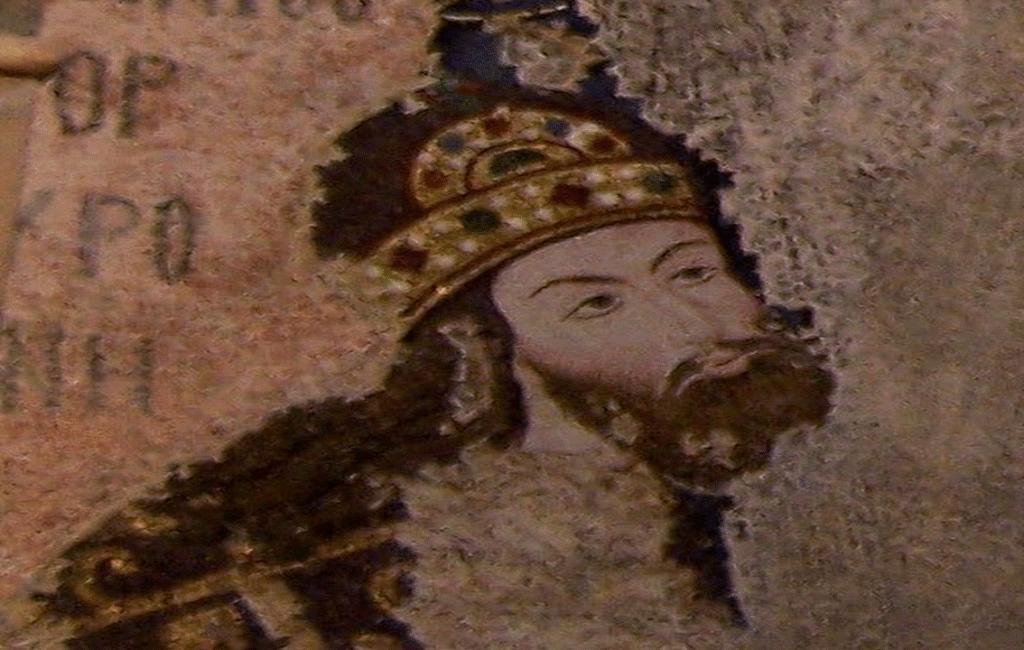
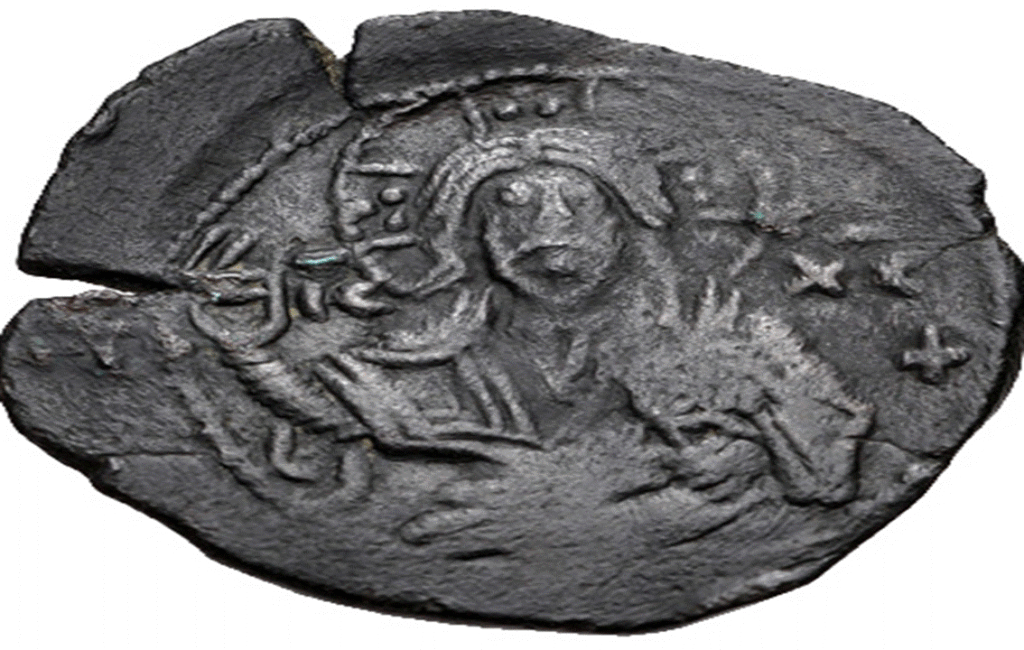
A REPUTATION FOR HOSTILITY
ISAAC KOMNENOS had a long-standing reputation for hostility. This, along with his aggressive initial actions, seems forced RICHARD THE LIONHEART‘S hand. His remaining Crusaders, after landing unopposed near Limassol, set about establishing an immediate military base. This was against the explicit wishes of Komnenos, who soon retaliated with several attacks that were easily repelled by the far superior Crusader forces. The latter went on to besiege the Limassol Castle after capturing the whole region. This came after they ransacked the once great City of Amathus. The Crusaders were ordered to set an example by reducing the city to rubble after it was plundered. They were then ordered to take control of the entire island, and a brutal war ensued against all who stood against them.
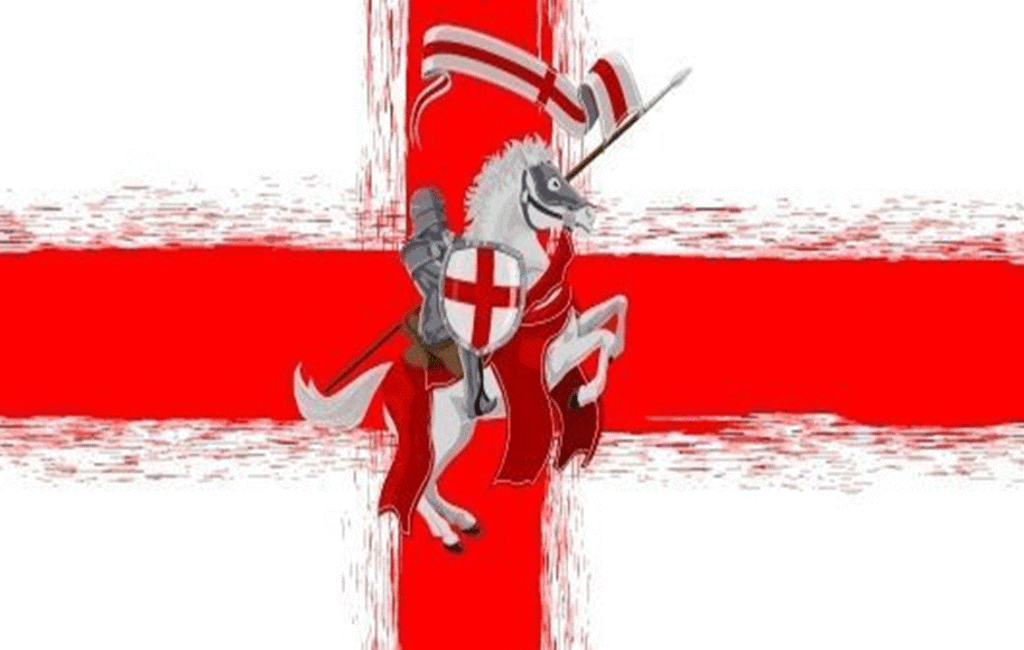
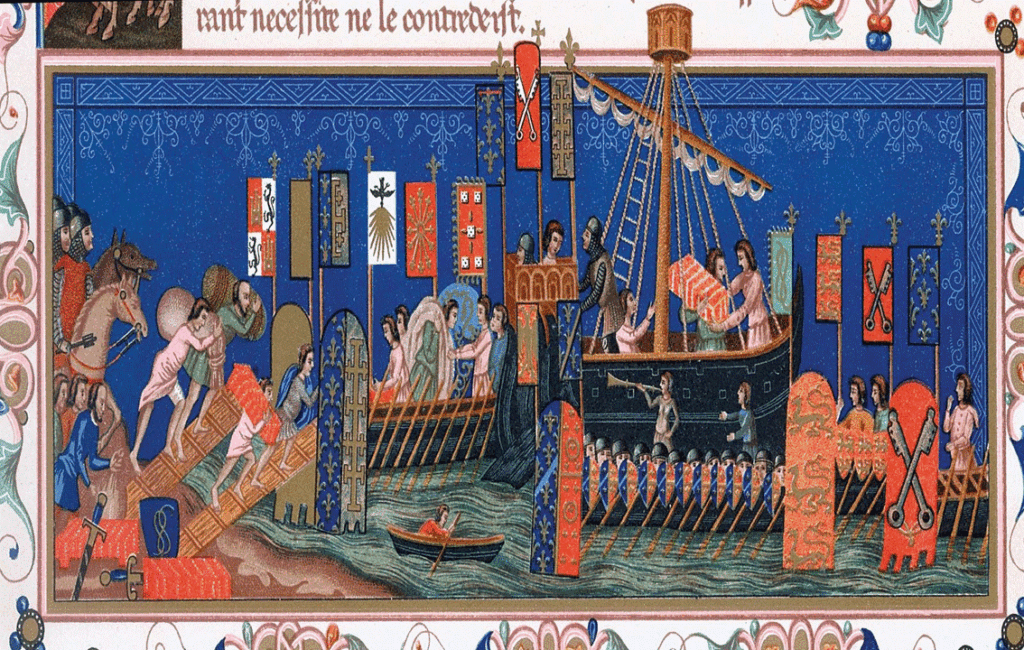
A SERIES OF STRATEGIC MANOEUVRES
Several initial skirmishes between the two opposing armies took place. The Anglo-Normans, however, used each battle as a strategic manoeuvre. Each was designed to gain ground and then push the Cypriot forces back into the city of Limassol. The majority of the Cypriot army then took refuge in the Limassol Castle, setting the stage for the first major battle of the campaign. After some brutal confrontations, the Crusaders went on to overpower Komnenos’ forces.
AN OVERALL CRUSADER VICTORY
The subsequent capture of both Kolossi Castle, further west, and the fortified City of Nicosia, in the north, were also critical turning points that helped to cement the overall Crusader victory. The battle for Nicosia also saw the capture of the KOMNENOS banner. The Crusaders relentlessly continued their pursuit of KOMNENOS after he fled. He was eventually captured, along with the remnants of his army, in the Famagusta region in the east of the island. His remaining men were sold into slavery, and KOMNENOS was held as a prisoner for the remainder of his life. With this, the Byzantine dominion of Cyprus came to an abrupt and sudden end.
THE DOMINION OF THE ENGLISH CROWN
Cyprus was now under the full dominion of the English crown. It soon became a focal point for the King’s THIRD CRUSADE. As well as a new source of economic resources, the island now offered both a logistical stronghold for current and future Crusader activity. The new Anglo-Norman administration immediately began to integrate Cyprus into the broader framework of the Crusader states. This allowed them to maintain and strengthen a trade economy with most of Western Europe. They also kept in place existing eastern trade routes, and the Cypriot economy soon began to flourish again. The new administration, however, promptly introduced a new feudal system that led to extremely unpopular taxes. This proved extremely difficult to administer and would lead to a virtual civil war thereafter.
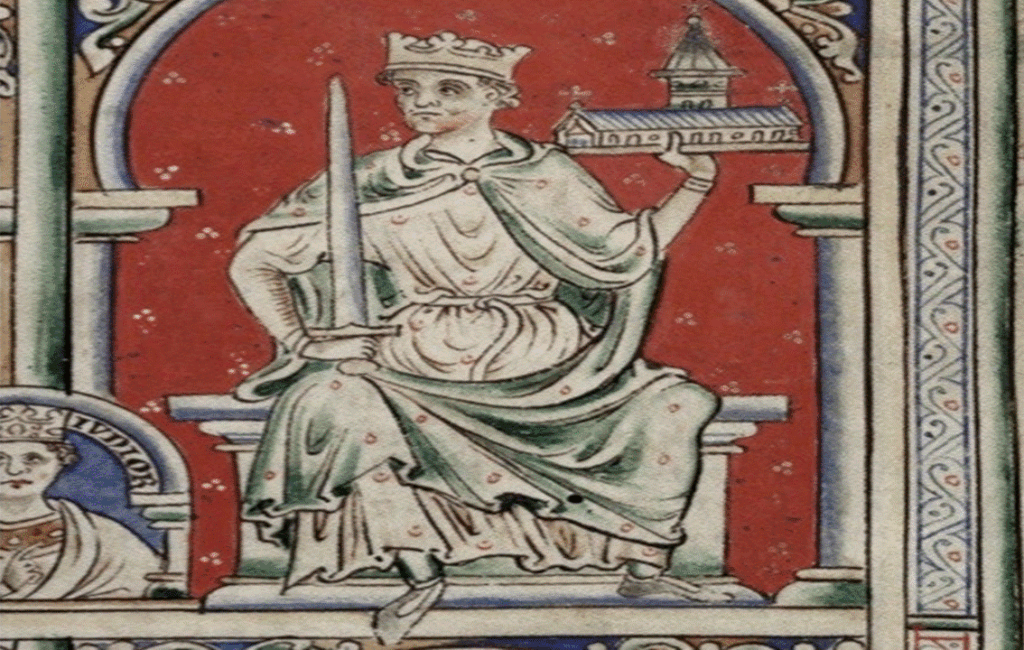
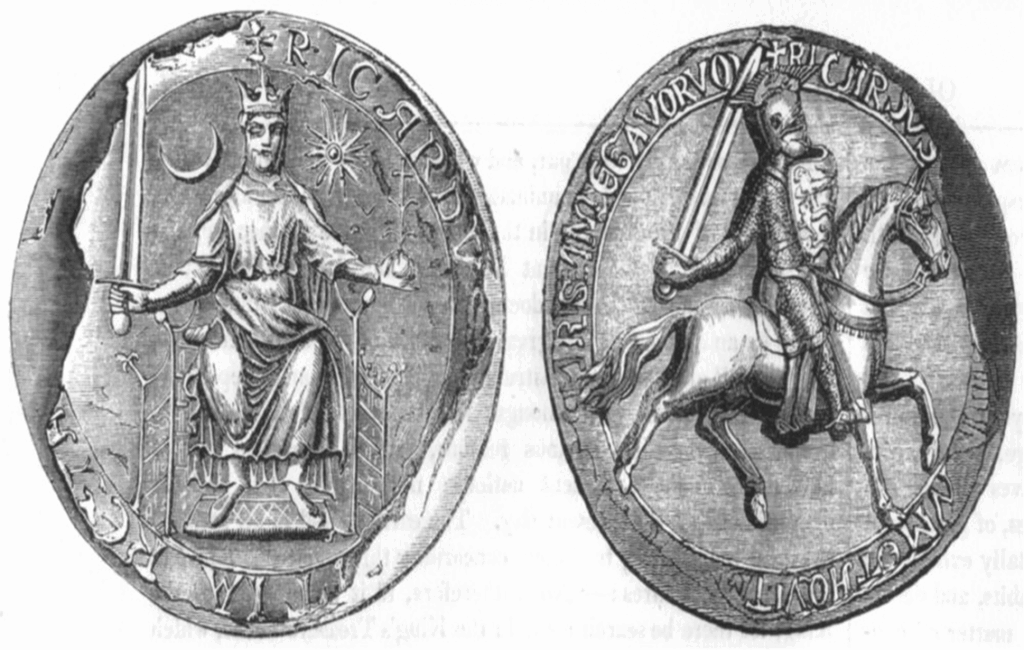
A NEW DECISIVE ADMINISTRATION
The Anglo-Norman administration on the island, which was characterised by both decisive governance and strategic alliances, came with its own complex challenges. It wanted to align the island with the greater Crusader ethos of fealty and service. It did this by promptly introducing several Western European practices that aligned with the new feudal system. Although several new rights and responsibilities were soon established, it still ultimately proved hugely unpopular with most Cypriots.
A ROYAL WEDDING IN LIMASSOL
The extremely high taxes that followed soon led to a Cypriot rebellion. After several confrontations, the Anglo-Normans were forced to implement a series of fortifications. This allowed them to further consolidate their power on the island using their advanced military prowess. RICHARD THE LIONHEART would go on to spend the rest of the year putting down several rebellions across the island, before finally embarking on his crusade. After successfully cementing his hold on the island, he celebrated his marriage to Berengaria of Navarre. She was crowned queen consort of England during her wedding ceremony at the Limassol castle.
AN ISLAND OF STRATEGIC IMPORTANCE
As well as an essential source of supplies, Cyprus also offered military significance to the Crusaders. The island became a transit point and then a launching pad for further campaigns to the east. This enabled the Crusaders to maintain several military incursions against Saladin and other Muslim forces in the east. Cyprus also became a refuge for both Christian knights and pilgrims heading to the Holy Land. Controlling the island also enabled the Crusaders to deny potential resources to Saladin, who in turn could have used the island as a base of operations against the Crusaders.
A NEW FORM OF CHRISTIANITY
Anglo-Norman governance facilitated their primary objective, which was to spread Western Christianity. Several new churches and monasteries of Latin-based Christianity were established across the island. Despite this, the enduring impact of Byzantine culture, including the Greek Christian Orthodox religion, continued to shape the island’s identity. The Greek Orthodox Church remained influential, ensuring the continuity of Byzantine traditions and practices in a changing political and religious landscape on the island.
AN ANGLO-NORMAN LEGACY
RICHARD THE LIONHEART’S conquest of Cyprus in 1191 exemplifies the complexities of the Anglo-Normans. Their interplay of military might, strategic foresight, and governance and their subsequent rule in Cyprus, helped to mark a crucial chapter in the island’s history. Their conquest of the island ultimately served as a tactical advantage for the greater Crusader effort and also laid the groundwork for a lasting Crusader legacy in the region. This also demonstrated how the Crusader states adapted to and influenced local dynamics all over Europe at the time. The actions of the Anglo-Normans in Cyprus highlight the intricate relationship between conquest, administration, and the broader objectives of the Crusades. This ultimately remains significant and reminds everyone of the enduring impact of their reign within the annals of Cypriot history.
